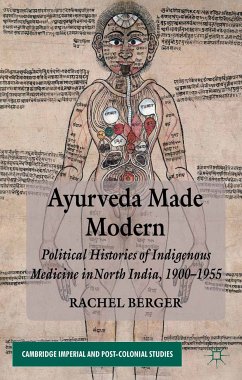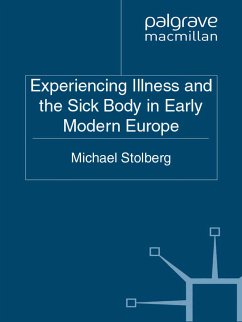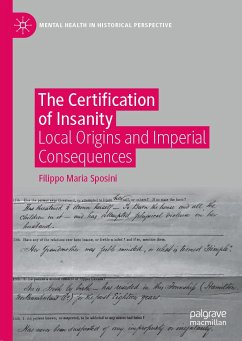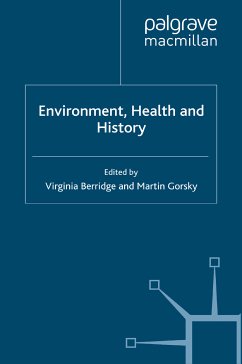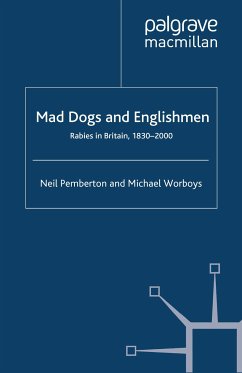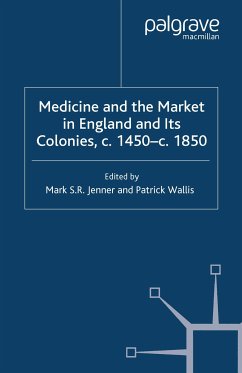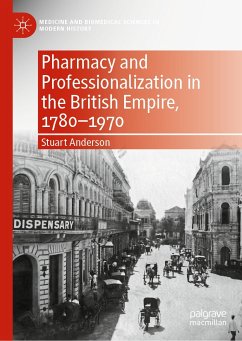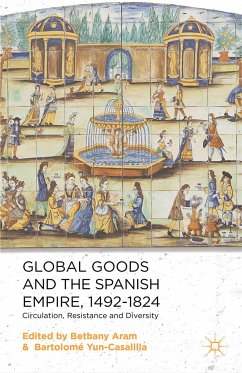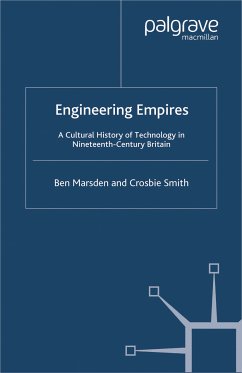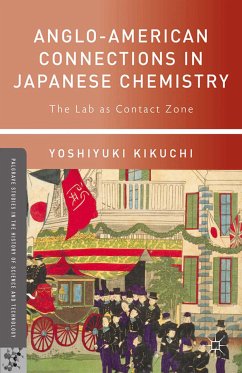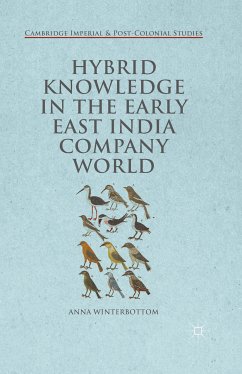
Hybrid Knowledge in the Early East India Company World (eBook, PDF)
Versandkostenfrei!
Sofort per Download lieferbar
104,95 €
inkl. MwSt.
Weitere Ausgaben:

PAYBACK Punkte
52 °P sammeln!
Hybrid Knowledge in the Early East India Company World presents a new interpretation of the development of the English East India Company between 1660 and 1720. The book explores the connections between scholarship, patronage, diplomacy, trade, and colonial settlement in the early modern world. Links of patronage between cosmopolitan writers and collectors and scholars associated with the Royal Society of London and the universities are investigated. Winterbottom shows how innovative works of scholarship - covering natural history, ethnography, theology, linguistics, medicine, and agriculture ...
Hybrid Knowledge in the Early East India Company World presents a new interpretation of the development of the English East India Company between 1660 and 1720. The book explores the connections between scholarship, patronage, diplomacy, trade, and colonial settlement in the early modern world. Links of patronage between cosmopolitan writers and collectors and scholars associated with the Royal Society of London and the universities are investigated. Winterbottom shows how innovative works of scholarship - covering natural history, ethnography, theology, linguistics, medicine, and agriculture - were created amid multi-directional struggles for supremacy in Asia, the Indian Ocean and the Atlantic. The role of non-elite actors including slaves in transferring knowledge and skills between settlements is explored in detail.
Dieser Download kann aus rechtlichen Gründen nur mit Rechnungsadresse in A, B, BG, CY, CZ, D, DK, EW, E, FIN, F, GR, HR, H, IRL, I, LT, L, LR, M, NL, PL, P, R, S, SLO, SK ausgeliefert werden.



